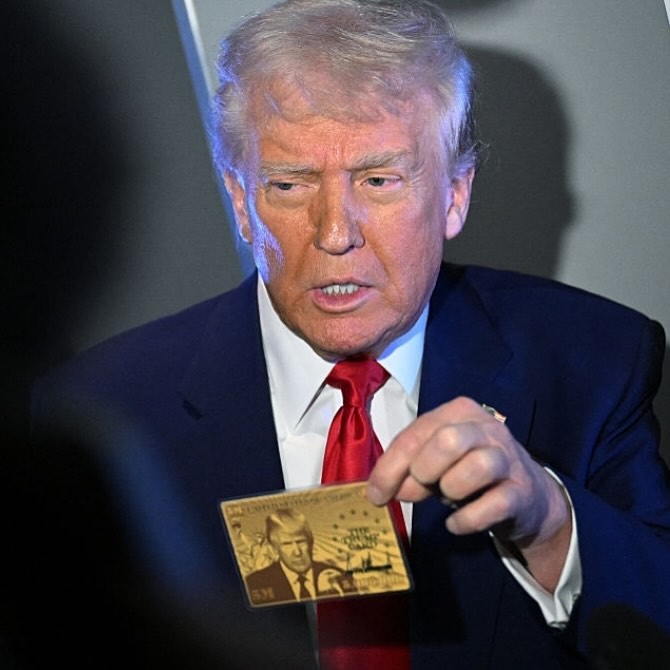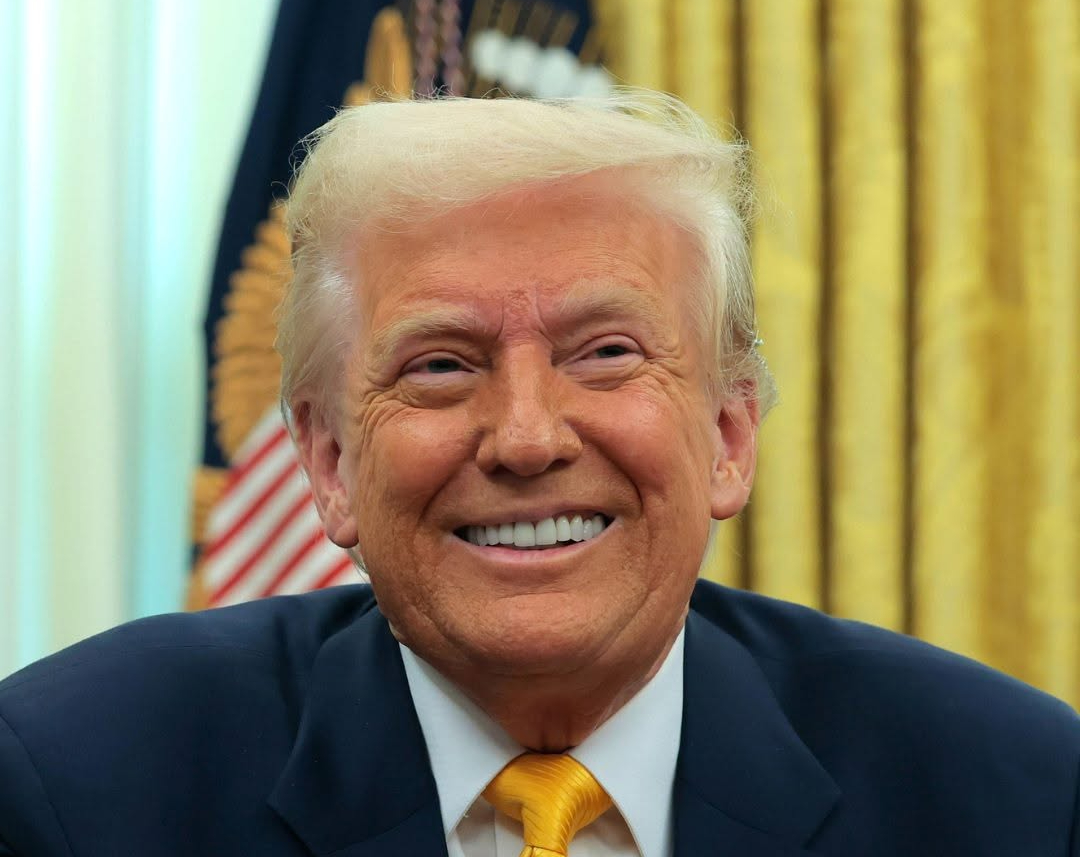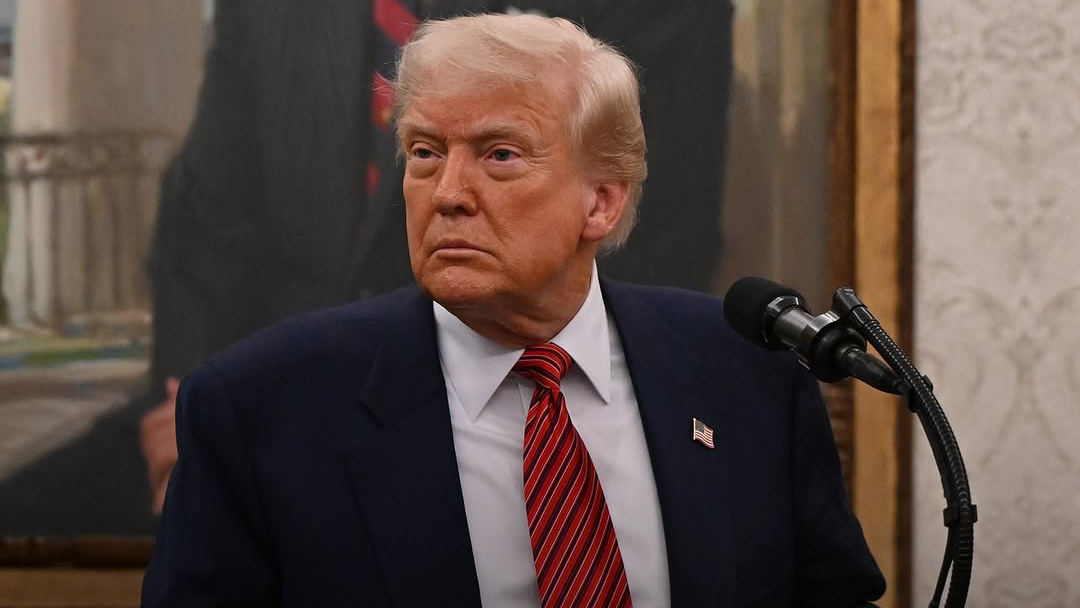Does Trump’s $5M “Fast‑Track” Card Sell U.S. Citizenship to the Rich?
Foreign nationals with $5 million can now pre‑register for what President Trump dubs the “Trump Card,” a golden ticket to U.S. residency and potentially citizenship. Announced via Truth Social and reposted by Commerce Secretary Howard Lutnick, the program opens a waitlist at TrumpCard.gov, showcasing a gold credit‑card-style photo of Trump himself.
How the Trump Card Works
Unlike the EB‑5 visa, which requires a $800,000–$1 million investment tied to job creation, the Trump Card demands a straight $5 million payment, offering fast-tracked residency and a pathway to citizenship. Registering is simple: interested foreigners from eight world regions fill in their details and join the waitlist. While specifics are still unclear, Lutnick confirms that all applicants will be “deeply vetted” to ensure they qualify as "world-class global citizens" and are expected to help pay down the national debt.

Could Trump’s Vision Generate Trillions?
Proponents point to astronomical potential: Lutnick suggested that if 200,000 such cards sell, it could raise $1 trillion—and with 1 million sold, $5 trillion—to be used for debt reduction or other priorities. Trump himself has called the proposal “a beautiful road” to residency and emphasized its monetary benefits to America.
Economic Perks – at a Cost
On paper, the Trump Card brings immediate capital to the federal government and, by attracting ultra-wealthy individuals, could stimulate economic activity, job creation, and tax revenues. But analysts and immigration lawyers caution that this kind of “pay‑to‑play” residency model raises ethical and legal concerns, and may need Congressional approval to bypass EB‑5 regulations .

Donald Trump
Only the Ultra-Rich Need Apply
The harsh truth is that this program is clearly designed for the wealthy elite. NPR’s reporting points out that for those with $5 million to spare, the cost is “jet fuel money”—a small price for expedited U.S. access. Meanwhile, immigration lawyers say that for many would-be applicants, the Trump Card is just a flat donation, not an investment—another sign that the card offers quick entry exclusively to those with deep pockets.
Related: Elon Musk vs. Elon’s Foot-in-Mouth: A Plot Twist?
Related: Inside Zuckerberg’s Superintelligent AI Gamble: The Team, the Costs, and the Controversy
Is It Too Soon—or Too Outrageous?
Critics argue this undermines traditional immigration values by favoring wealth over talent or humanitarian need. With little transparency on vetting criteria or legal infrastructure, the program has been likened to a citizenship auction. Some even suggest that opening the door to controversial figures, including Russian oligarchs, could spark international backlash .
A tool for the wealthy
Trump’s $5 million Trump Card is bold, controversial—and unapologetically elitist. Packed with economic ambition, it’s positioned as a debt-busting tool and a beacon to global millionaires seeking VIP access to the U.S. But it also ignites fierce ethical questions: should residency be affordable only to the ultra-wealthy? And is this the future of American immigration—or a dangerous detour?














